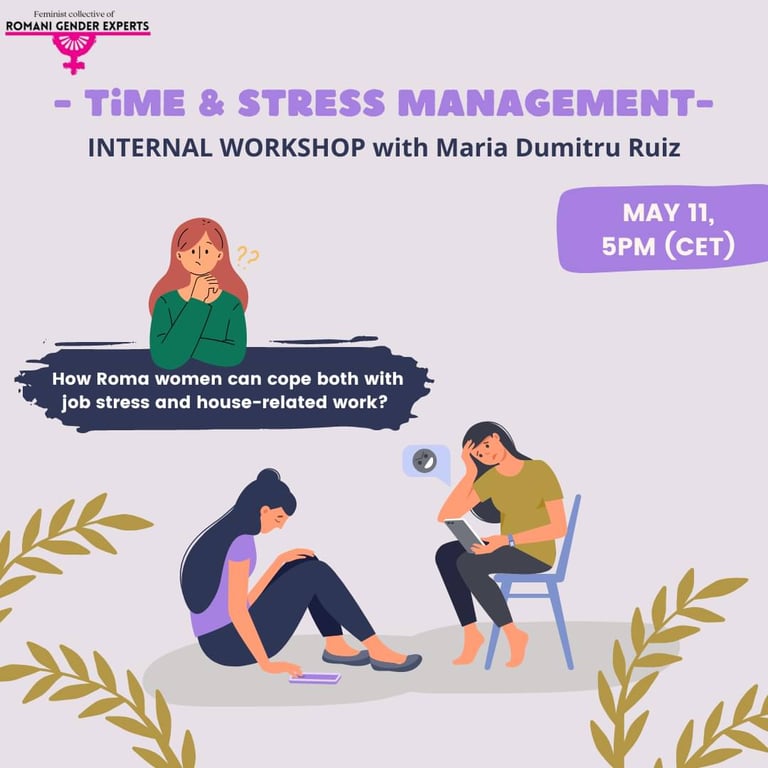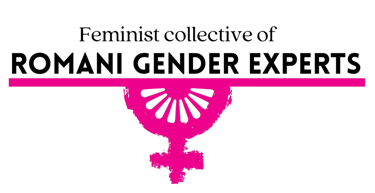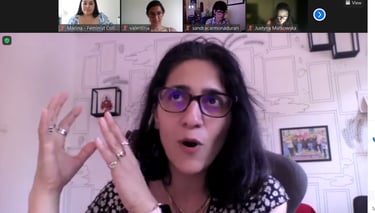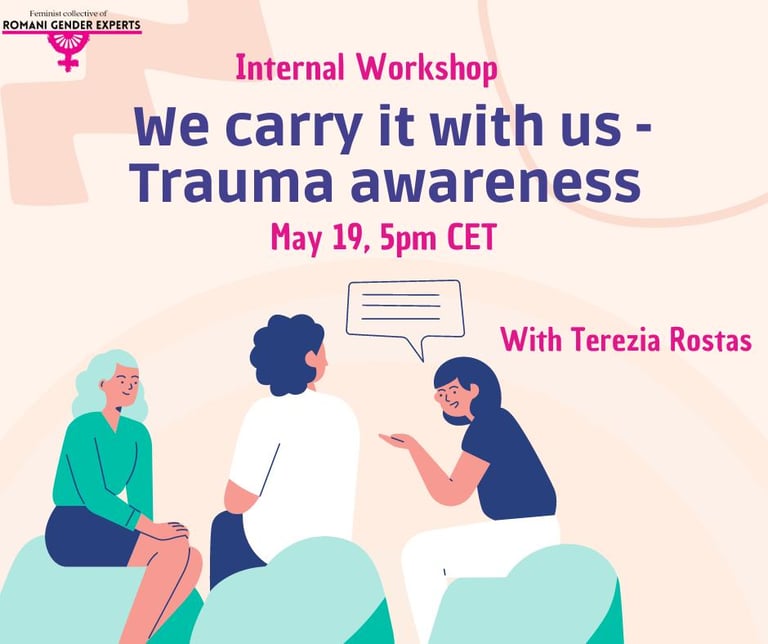Internal Capacity Building Workshops
Holocaust of Sinti and Roma and its aftermath
The workshop led by Dr. Justyna Mat focused on the subject of the Holocaust of Sinti and Roma and its aftermath. The workshops aimed to shed light on the tragic fate of the Sinti and Roma in the areas occupied by the Nazis and raise awareness about the post-war struggle for recognition and compensation. In addition, the workshops offered the opportunity for our members to engage in meaningful discussions and explore ways to promote education and understanding of the Sinti and Roma Holocaust.
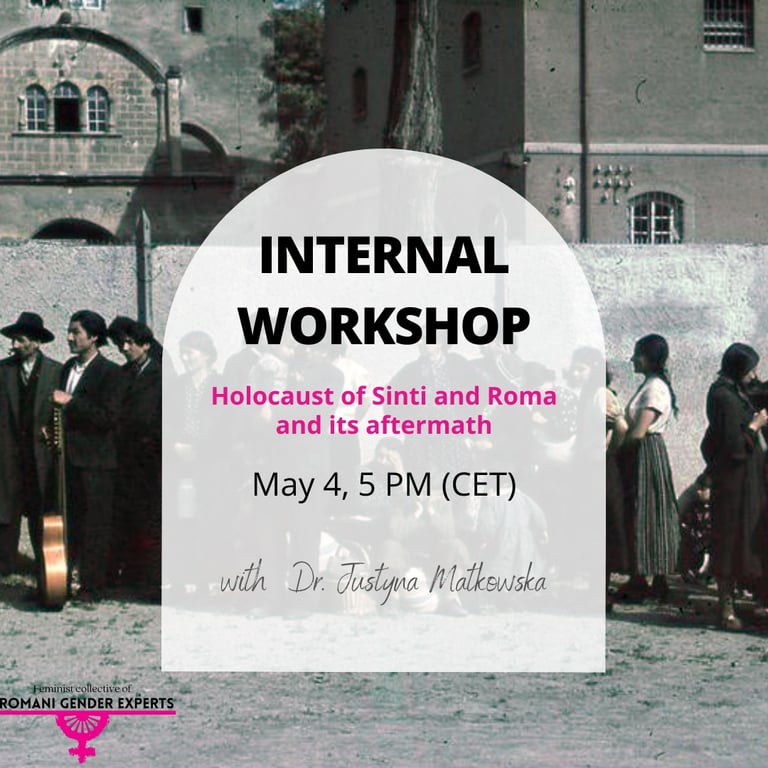

Employment Coaching Style - Simple steps towards employment
Our first workshop "Employment Coaching Style - Simple steps towards employment", led by our members, Miljana Cabrilovski & Xhesika Korra, focused on the challenges inside the employment system and provide solutions based on the coaching cycle for employment.
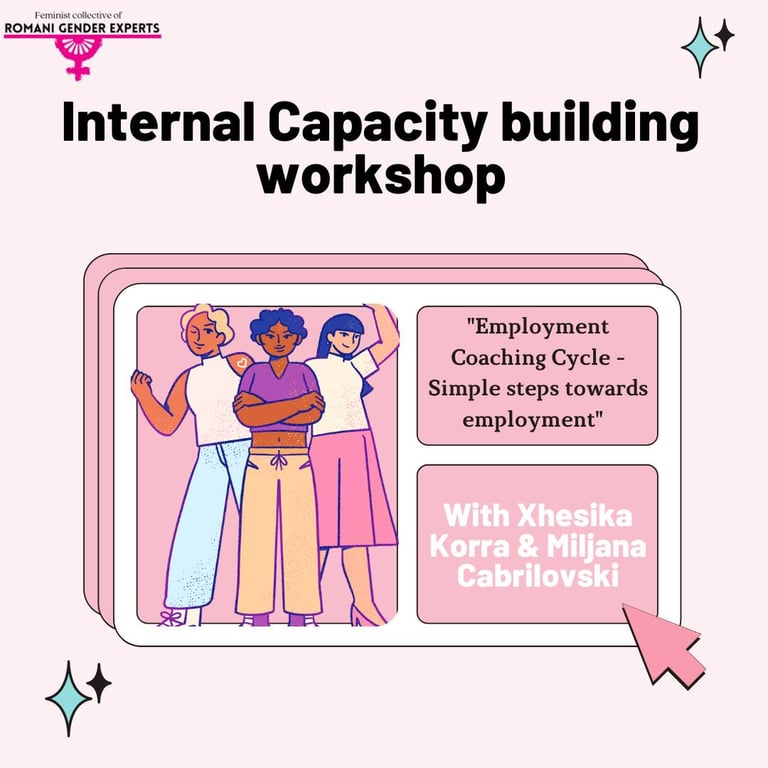

Time & Stress Management
Stress management is a useful skill that many people don't take advantage of. Bad management of time and high levels of stress are not only preventing people from being effective at their workplace, but also we are putting our entire well-being at risk. Stress wreaks havoc on our emotional equilibrium, as well as our overall physical and mental health. It narrows our ability to think clearly, function effectively, and enjoy life.
While it may seem like there’s nothing you can do about stress at work and home, there are steps you can take to destress and regain control. Maria Dumitru Ruiz delivered a practical session on stress and time management inspired by realities encountered by Roma women.
